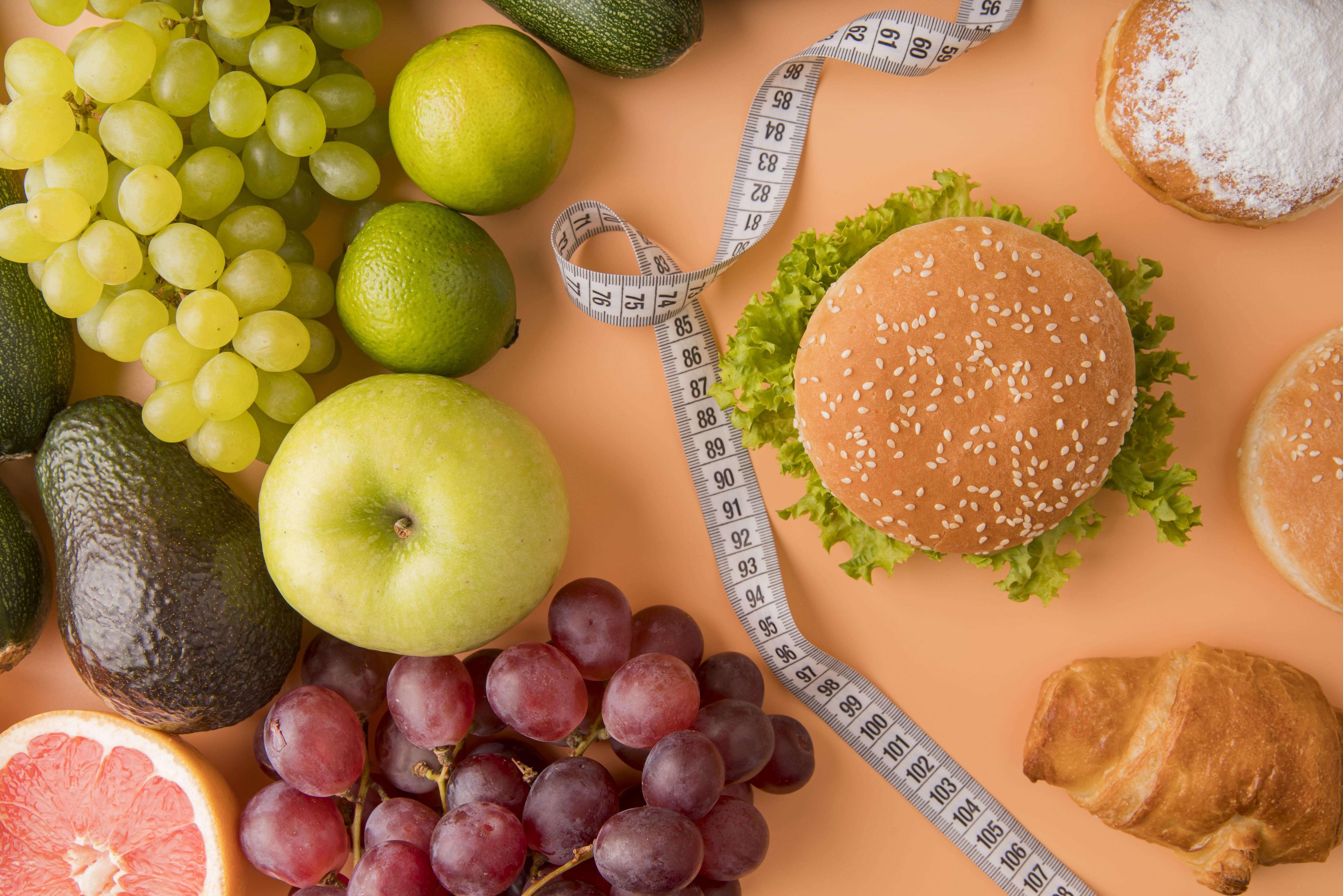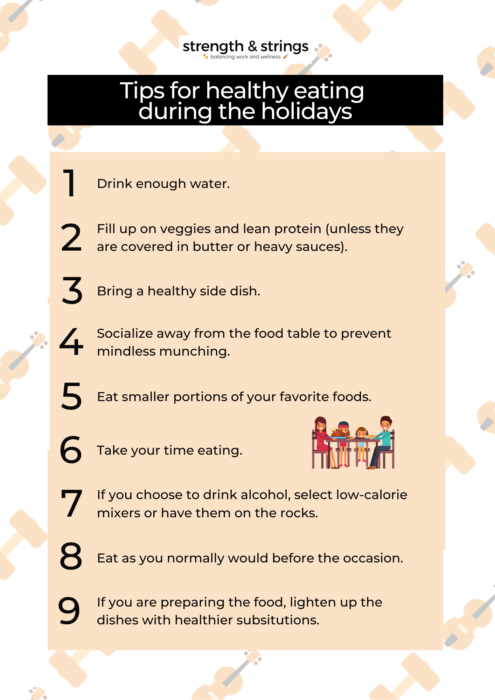
Skin is the largest organ of the human body. It regulates the temperature and protects you from diseases. There are certain things you should know about skin care. Continue reading to learn some important facts and tips about skin care. It may surprise you to learn how valuable your skin is. Learn more about skin care and how it can help your health. Make sure to use sunscreen every day.
Do's and don'ts of healthy living
Living a healthy lifestyle should be a priority! However, this does not mean you need to eat junk food and overeat. Avoid processed foods and eat more fresh food. These processed foods are loaded with chemicals, preservatives as well as fats, artificial colours, and other harmful substances. Incorporate fresh fruits, vegetables and other healthy foods into your daily routine. Vitamins and other supplements can be a great way of keeping your body in tip-top condition.
The largest organ in the body is the skin
Your skin, which is the largest organ in your entire body, performs many important functions. There are three layers to the skin. The epidermis layer is the outermost and has dead cells. This layer is constantly flaking, washing off. The epidermis is the innermost layer. As they move upward, new cells emerge from the lower epidermis. The whole process takes about 28 days. To protect your skin from damaging UV rays, moisturize daily.

The skin is made up of water, protein, and fats. It also regulates body temperatures and contains nerves. It is the largest and most important organ of the human body. It contains 11 miles of blood vessels. It is an important organ that needs to be healthy and beautiful. It also helps keep you protected from the sun and rain. You can have glowing skin and healthy skin by treating it well.
It regulates temperatures
The hypothalamus is located in the brain and is responsible for the complex set of activities related to temperature regulation. It balances body fluids, regulates temperature control chemicals and maintains salt concentrations. To maintain body temperature, the hypothalamus coordinates with many parts of your body, such as sweat glands and blood vessels. This information is used by the hypothalamus for temperature regulation.
Animals can reduce their metabolic rate to conserve heat in extreme temperatures. A lower metabolic rate is more affordable, so many animals can survive frosty nights by going into torpor. A feedback system that includes a modulator effector and stimuli is used to regulate biological temperature. This system maintains equilibrium between temperature and other organism aspects.

It protects you from disease
A "vaccine" is any substance which is meant to protect against one specific disease. Most of these medications use genetically-weakened pathogens. The smallpox virus, for example is used to strengthen its genetic material. The "live-attenuated", or weakened, virus is also known. Is it safe? How long does it protect you from infection?
FAQ
How do you measure body fat?
A Body Fat Analyzer is the best way to measure body weight. These devices are used for measuring the percentage of body fat in people who want to lose weight.
Which diet is best for me?
Your lifestyle and individual needs will determine the best diet for your body. You also need to consider how much energy you expend during exercise, whether you prefer low-calorie foods, and if you enjoy eating fruits and vegetables.
Intermittent fasting is a good option if you're trying to lose weight. Intermittent fasting involves consuming only specific meals throughout the day, rather than having three large meals. This approach may prove to be more beneficial than traditional diets that have daily calorie counts.
Intermittent fasting has been shown to improve insulin sensitivity, reduce inflammation and lower the risk of developing diabetes. Other research suggests that intermittent fasting may promote fat loss and improve overall body composition.
What should you eat?
Get lots of fruits & vegetables. They provide vitamins and minerals to keep your immune system strong. Also, fruits and vegetables are rich in fiber. This makes them filling as well as helping with digestion. Aim to eat five to six servings of fruit each day.
Drink plenty of water. Water flushes toxins from the body and gives you a full feeling between meals. Drink about eight glasses each day.
Whole grains are better than refined ones. Whole grains have all their nutrients intact, including B vitamins, iron, zinc, magnesium, calcium, and protein. Some nutrients have been removed from refined grains.
Avoid sugary drinks. Sugary drinks are high in empty calories and can lead to obesity. Instead, drink water, milk, or unsweetened Tea.
Avoid fast food. Fast food is low in nutritional value. While it might taste good, it won't give your body the energy it needs to function properly. Use healthier options, such as soups, sandwiches, salads, and pasta.
Limit your alcohol consumption. You can reduce your intake of alcohol by limiting the amount of empty calories. Limit your consumption to no more than 2 alcoholic beverages per week
Red meats should be avoided. Red meats can be high in cholesterol and saturated fat. Lean cuts of beef or pork, lamb and chicken, as well as fish, are better choices.
How often should I exercise?
It is important to exercise for a healthy lifestyle. There is no set time limit for exercising. The key is finding something you enjoy and stick with it.
If you work out three times a week, then aim to complete 20-30 minutes of moderate intensity physical activity. Moderate intensity means that you will still be working hard even after your workout is over. This type is good for burning around 300 calories.
Walking is a great option if you are a keen walker. You can do 10-minute walks four days per week. Walking is low impact and easy on your joints.
Jogging three times a week for 15 mins is enough if you want to run. Running is a great way of burning calories and building muscle tone.
You can start slow if you're new to exercise. Start by doing 5 minutes of cardio each day, a few times per week. Gradually increase duration until you achieve your goal.
Supplements and herbs can improve immunity
Herbs and natural remedies can be used to boost immune function. Examples include ginger, garlic and oregano oils, echinacea, vitamin C, ginkgo loba, and echinacea.
These herbal remedies shouldn't be considered a replacement for medical treatment. Side effects include nausea, diarrhea and stomach cramps, headaches and dizziness.
Statistics
- WHO recommends reducing saturated fats to less than 10% of total energy intake; reducing trans-fats to less than 1% of total energy intake; and replacing both saturated fats and trans-fats to unsaturated fats. (who.int)
- This article received 11 testimonials and 86% of readers who voted found it helpful, earning it our reader-approved status. (wikihow.com)
- WHO recommends consuming less than 5% of total energy intake for additional health benefits. (who.int)
- In both adults and children, the intake of free sugars should be reduced to less than 10% of total energy intake. (who.int)
External Links
How To
How to keep yourself motivated to exercise and eat well
Tips for staying healthy and motivated
Motivational Tips To Stay Healthy
-
Write down your goals
-
Set realistic goals
-
Be consistent
-
When you reach your goal, reward yourself
-
Even if you make a mistake, don't quit!
-
Have fun